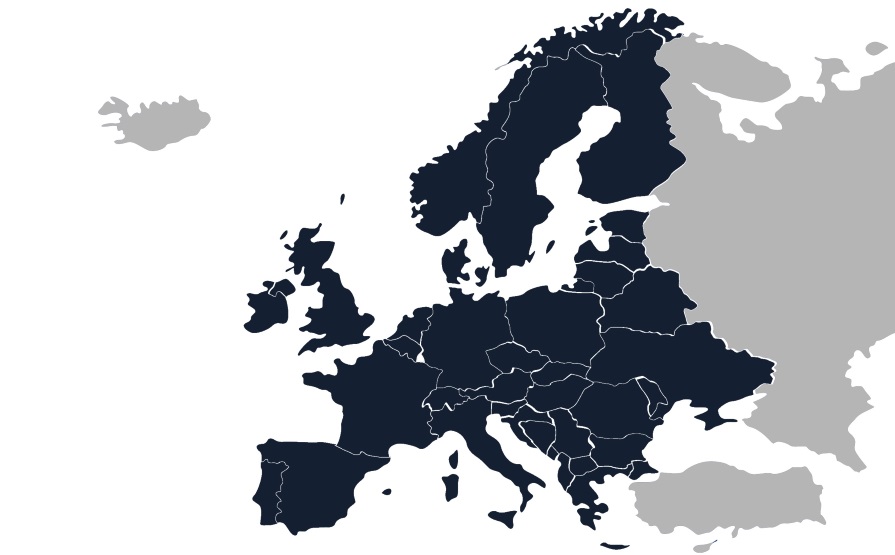
Breaking News
Main Menu
Crack Carte Navteq Maps
четверг 17 января admin 56
Carte Sd Navteq Europe 2010. GPS carte SD Navteq europe 2GB CARTE SD GPS EUROPE 2010 2011 RNEG Wip Nav My Way PEUGEOT C Carte SD Navteq On Board GPS Europe. Had to call them and explain the situation. Didn't help, had to buy another copy.
Many people in Silicon Valley believe in the Singularity—the day in our near future when computers will surpass humans in intelligence and kick off a feedback loop of unfathomable change. When that day comes, Anthony Levandowski will be firmly on the side of the machines.
In September 2015, the multi-millionaire engineer at the heart of the trade secrets lawsuit between Uber and Waymo, Google’s self-driving car company, founded a religious organization called Way of the Future. Its purpose, according to previously unreported state filings, is nothing less than to “develop and promote the realization of a Godhead based on Artificial Intelligence.”. Is a freelance journalist reporting on technology from Seattle. ——— to get Backchannel's weekly newsletter, and follow us on,,. Way of the Future has not yet responded to requests for the forms it must submit annually to the Internal Revenue Service (and make publicly available), as a non-profit religious corporation.
However, documents filed with California show that Levandowski is Way of the Future’s CEO and President, and that it aims “through understanding and worship of the Godhead, [to] contribute to the betterment of society.”. A divine AI may still be far off, but Levandowski has made a start at providing AI with an earthly incarnation. The autonomous cars he was instrumental in developing at Google are already ferrying real passengers around Phoenix, Arizona, while self-driving trucks he built at Otto are now part of Uber’s plan to make freight transport safer and more efficient. He even oversaw a passenger-carrying drones project that evolved into Larry Page’s. Levandowski has done perhaps more than anyone else to propel transportation toward its own Singularity, a time when automated cars, trucks and aircraft either free us from the danger and drudgery of human operation—or decimate mass transit, encourage urban sprawl, and enable deadly bugs and hacks.
But before any of that can happen, Levandowski must face his own day of reckoning. In February, Waymo—the company Google’s autonomous car project turned into—filed a lawsuit against Uber. In its complaint, Waymo says that Levandowski tried to use stealthy startups and high-tech tricks to take cash, expertise, and secrets from Google, with the aim of replicating its vehicle technology at arch-rival Uber. Waymo is seeking damages of nearly $1.9 billion—almost half of Google’s (previously unreported) $4.5 billion valuation of the entire self-driving division.
Uber denies any wrongdoing. Next month’s trial in a federal courthouse in San Francisco could steer the future of autonomous transportation. A big win for Waymo would prove the value of its patents and chill Uber’s efforts to remove profit-sapping human drivers from its business.
If Uber prevails, other self-driving startups will be encouraged to take on the big players—and a vindicated Levandowski might even return to another startup. (Uber in May.).
More From This Edition• • • • Levandowski has made a career of moving fast and breaking things. As long as those things were self-driving vehicles and little-loved regulations, Silicon Valley applauded him in the way it knows best—with a firehose of cash. Wynton marsalis transcriptions pdf editor. With his charm, enthusiasm, and obsession with deal-making, Levandowski came to personify the disruption that autonomous transportation is likely to cause.

But even the smartest car will crack up if you floor the gas pedal too long. Once feted by billionaires, Levandowski now finds himself starring in a high-stakes public trial as his two former employers square off. By extension, the whole technology industry is there in the dock with Levandowski. Can we ever trust self-driving cars if it turns out we can’t trust the people who are making them? In Silicon Valley mythologies, every childhood potato clock presages genius and every lemonade stand foretells CEO savvy. But Levandowski’s technophilia and entrepreneurship do seem to run deep.